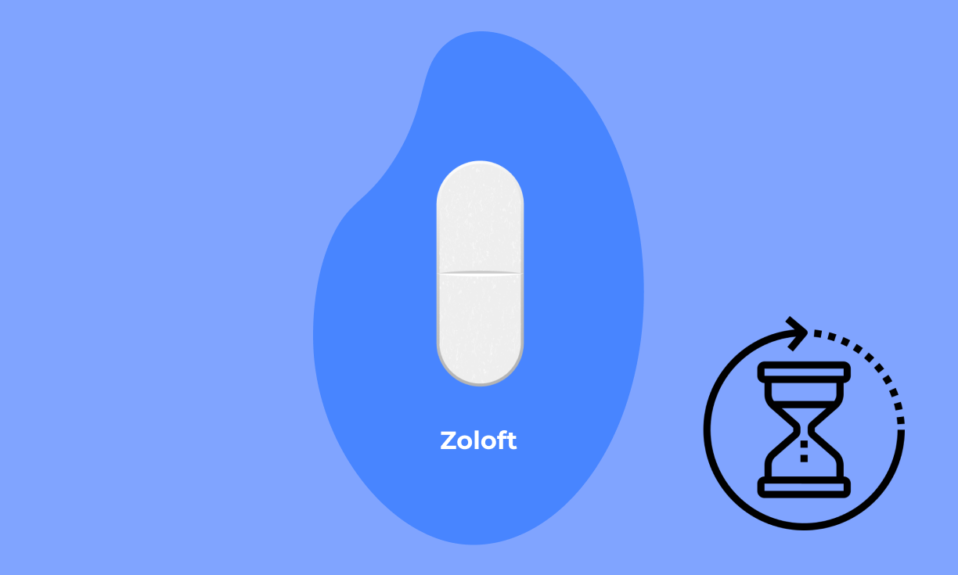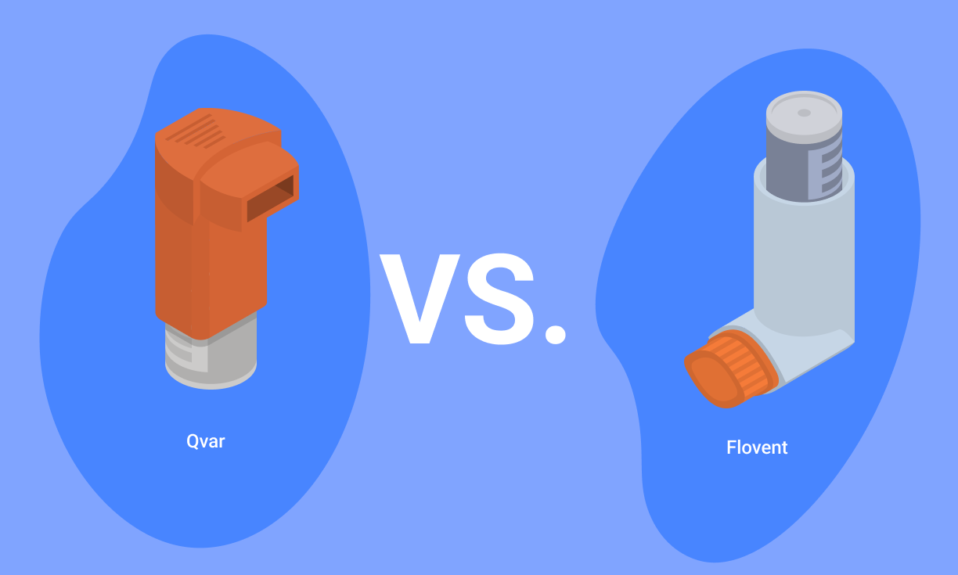Table of Contents Hide
A migraine is usually an intense pounding headache that can last for hours or even days. The pounding or pulsing pain usually begins in the forehead, the side of the head, or around the eyes. The headache gradually gets worse, and nausea and vomiting are common during a migraine.
Over 30 million Americans suffer from migraine headaches, and 43% of women and 18% of men will experience migraines at some point in their lives. The majority of migraine sufferers are between the ages of 35 and 45.
There’s no cure for migraines yet. But medications can help prevent or stop them, or keep your symptoms from getting worse. In addition to OTC and prescription medications, taking supplements like Magnesium might help.
In this article, we will discuss how magnesium works to alleviate or prevent migraines and how to find a magnesium supplement that is right for you.
What is Magnesium?
Magnesium is a mineral that the body uses for several vital processes, including building muscles, bones, proteins, and DNA, controlling blood pressure, and producing energy. Magnesium levels are higher in green vegetables, cereals, legumes, fruits, and whole grains.
Magnesium deficiency appears to be rare in the population, although estimates vary because magnesium levels in the bloodstream represent less than 1% of the total body stores. Some people are especially likely to benefit from magnesium supplements, including those with an underlying health condition and poor magnesium absorption.
Magnesium Supplements for Treating and Preventing Migraines
While everyone experiences headaches occasionally, recurrent headaches are referred to as migraines. A migraine often includes symptoms such as nausea, with sensitivity to light, smell, and sound also being common. In up to one-third of cases, people also experience visual disturbances known as aura.
Those who suffer from migraine commonly rely on painkillers such as Tylenol to alleviate their symptoms. However, chronic use of painkillers comes with potential side effects, including making migraine symptoms worse.
There are strong reasons to believe that opioids should be avoided altogether. Opioid use is associated with a more significant disability resulting from migraines, risk of opioid abuse, and risk of chronic headache resulting from opioid overuse.
For chronic headaches, magnesium supplementation is a safer, evidence-based alternative to painkillers. Research studies suggest that people with chronic migraine often have lower magnesium levels than others, which might at least partly explain why magnesium supplementation can improve migraine symptoms. One potential explanatory mechanism is that a significant drop in magnesium level appears to make brain blood vessels constrict.
In accordance with such studies are those that show magnesium supplements appear to improve migraine symptoms. Magnesium may reduce the risk of migraines by interfering with chemicals that cause pain and block neuronal signals that produce migraines with changes in other senses.
Choosing a Magnesium Supplement
Deciding which type of magnesium supplement to take requires considering your health needs and the forms that your body tolerates best. As already mentioned, certain types of food contain a high magnesium level. It may be the case that only supplements can offer a dose high enough to prevent migraines, although more research is needed to conclude one way or the other.
There are many types of magnesium supplements on the market, including magnesium glycinate, magnesium chloride, magnesium sulfate, magnesium citrate, magnesium threonate, magnesium oxide, magnesium malate, and magnesium taurate. There is a certain degree of diversity in the effects products by each of these supplements.
Some supplements have a higher absorption rate, meaning more of it gets where it needs to. Examples of magnesium supplements with a high absorption level include magnesium citrate, magnesium chloride, magnesium aspartate, and magnesium lactate. However, regardless of which supplement you take, it will often take a few months before you will notice a benefit.
Common Side Effects
Side effects from magnesium supplements include nausea, diarrhea, and stomach cramps. These side effects are more likely to occur when magnesium is taken in doses above the recommended range. One should not take more than 1,200 milligrams of magnesium a day. In cases where too much magnesium has been built up, side effects can be severe, including slowed breathing, irregular heartbeat, and coma.
Magnesium supplements can also interact with other medication, a reason for which it is always a good idea to inform your doctor if you take magnesium supplements. For instance, magnesium can interfere with antibiotic absorption. When taken in combination with high blood pressure medication, magnesium supplements can lead to hypotension.
People with certain medical conditions require additional evaluation before considering magnesium supplementation, including those with bleeding disorders, kidney problems, diabetes, and gastrointestinal diseases.
Takeaway
More scientific research is needed to fully establish the nature of the relationship between magnesium levels and migraine. That being said, there are a few candidate mechanisms that explain the effect of magnesium on migraines, and there are arguably enough studies to recommend magnesium supplements for those with recurrent migraines.
At times, recurrent migraines underly a medical condition that requires specialized treatment. For example, migraines can occur due to a traumatic brain injury, meningitis, stroke, brain tumors, and low or high intracranial pressure, to name a few. For this reason, the first step towards a solution should always be investigating the cause of the condition.
Some magnesium supplements may be more effective than others, and, in case you are under medication, you need to understand how the drug interacts with magnesium. For this reason, it is recommended that you talk to your doctor and receive an intervention plan that is based on your health condition and prescribed medication.
FAQs
Does magnesium help with migraines?
Research studies suggest that magnesium supplements appear to reduce the frequency of migraines. Magnesium supplements won’t work for everyone and recurrent migraines should always be medically investigated, as they can have underlying medical conditions that require treatment.
What is the role of magnesium in migraine?
Magnesium may lower the risk of migraine by interfering with chemicals that cause pain and blocking neuronal signals that produce migraines with changes in other senses.
How much magnesium should I take for migraines?
A doctor will usually recommend starting with anywhere between 400 to 600 milligrams a day. You do not want to ever go over 1,200 milligrams a day.
What type of magnesium is best for migraines?
Some types of supplements have a higher absorption rate, including magnesium citrate, magnesium chloride, magnesium aspartate, and magnesium lactate. That being said, choosing one over the other requires considering your health needs and the forms that your body tolerates best.
How long does it take for magnesium to prevent migraines?
It can take three to four months from the first dose of magnesium to notice a difference.
References
Al Alawi, A. M., Majoni, S. W., & Falhammar, H. (2018). Magnesium and human health: perspectives and research directions. International journal of endocrinology, 2018.
Casucci, G., & Cevoli, S. (2013). Controversies in migraine treatment: opioids should be avoided. Neurological Sciences, 34(1), 125-128.
Ettlin, D. A. (2013). The international classification of headache disorders, (beta version). Cephalalgia, 33(9), 629-808.
Jahnen-Dechent, W., & Ketteler, M. (2012). Magnesium basics. Clinical kidney journal, 5(Suppl_1), i3-i14.
Peters, G. L. (2019). Migraine overview and summary of current and emerging treatment options. Am J Manag Care, 25(2 Suppl), S23-S34.
Teigen, L., & Boes, C. J. (2015). An evidence-based review of oral magnesium supplementation in the preventive treatment of migraine. Cephalalgia, 35(10), 912-922.
Terrie, Y. C. (2013). Drug-Supplement Interactions: Patient Awareness Is Key.
Rosanoff, A., & Plesset, M. R. (2013). Oral magnesium supplements decrease high blood pressure (SBP> 155 mmHg) in hypertensive subjects on anti-hypertensive medications: a targeted meta-analysis. Magnesium Research, 26(3), 93-99.
Samaie, A., Asghari, N., Ghorbani, R., & Arda, J. (2012). Blood magnesium levels in migraineurs within and between the headache attacks: a case-control study. Pan African Medical Journal, 11(1).









